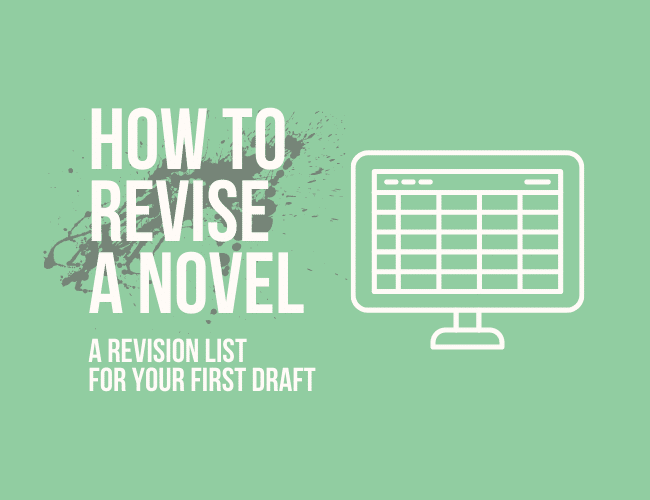
by J. D. Edwin |
Finishing a first draft is a huge deal. If you just accomplished this, be proud of yourself! At the same time, you might be wondering how to revise a novel after that first draft is done. There’s a lot of advice out there. Which do you listen to?
The revision process doesn’t have to be complicated. However, you might feel—especially if this is your first completed draft ever—intimidated to edit your book. There’s a lot of words and scenes to review. Where do you begin?
In this article, I’d like to share how I took a daunting editing process and created a simplified, concise, and clear strategy to revising your first draft. I do this with what I call a Revision List—a table with five columns that can help you simplify big ideas.
If you’re like me, you won’t ever want to edit a first draft without it!
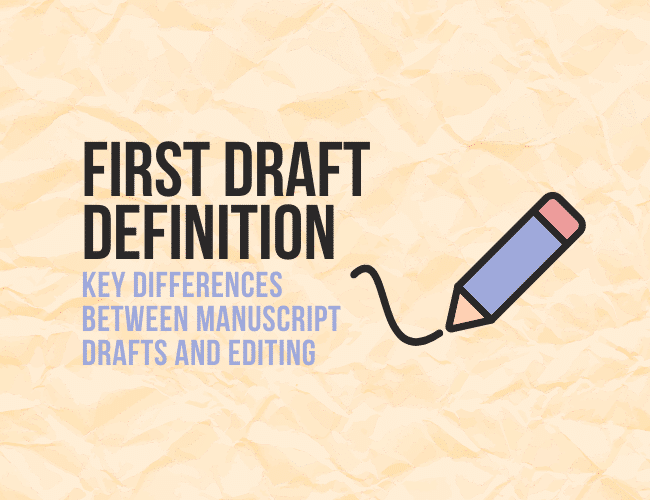
by Callie Sutcliffe |
Have you ever wondered which draft you are working on? Do you wonder what the difference is between your first draft, your second draft, and editing your book? You can learn the first draft definition and the differences between drafts in this article.
When writing multiple drafts of a book, you may be halfway through your rough draft and decide to start over. Or you may have written the entire manuscript, but then wish to scrap it and start fresh.
And when considering this, you question: “Am I writing a first draft? Am I editing my novel?”
What does “first draft” mean—or “second draft,” for that matter?
Knowing the differences between first drafts, second drafts, and editing your book will elevate your ability to tackle the writing and editing process. It will help you understand what to focus on when you’re writing—and have fun while you do it!
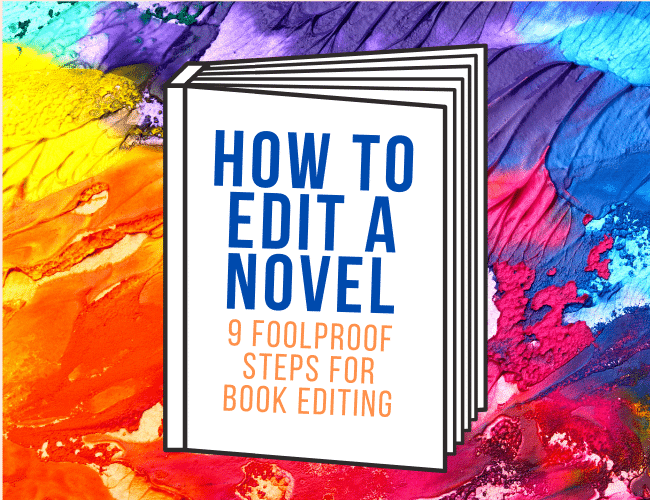
by Sarah Gribble |
Are you the kind of writer that loves writing a first draft but has no idea what to do once you’re done with it? Do you worry that you don’t know how to edit a novel, and freeze up because of this?
Editing is hard, but luckily there are strategies you can take when editing your first draft (and others), or even if it’s your first time.
In this article, I’ll teach you the process I’ve learned after years of struggling to edit. But first, there’s one thing we have to get out of the way:
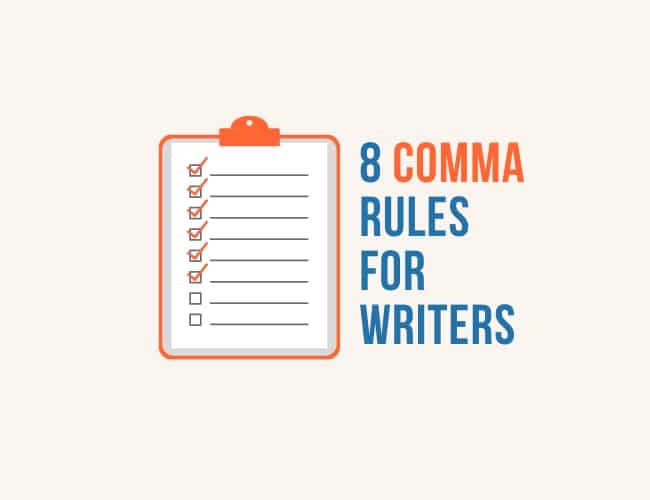
by Ruthanne Reid and Sue Weems |
Commas matter. That tiny period-with-a-tail can change the meaning of your entire sentence, and your use of it quickly demonstrates just how well you know the English language.
Today, I have just a few comma tips for you. This is nowhere near an exhaustive guide, but if you learn these 8 comma rules, you’ll give a better impression with your written word everywhere you go.
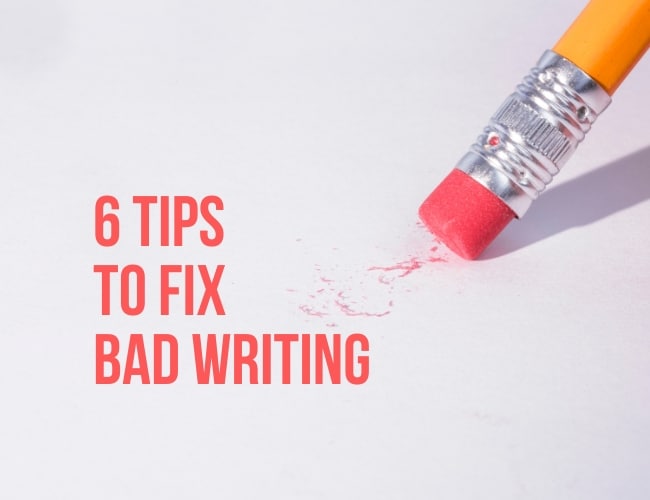
by Kellie McGann |
Revision is more than just correcting the comma splices and subject-verb agreement. Some bad writing is just awkward and unclear.
As I’ve worked to develop a working writing style, it’s taken me a lot of awkward sentences, phrases, and words, but after editing (and many writing lectures from Joe), I’ve developed a few tips to avoid the bad writing. Here are six tips that helped make my writing better (hopefully they help you, too!).

by Sue Weems |
Can book writing software replace an editor? Nope. But it can help you improve your grammar and readability.
You were born to tell stories and share your message with the world. But you sit down to type and something terrible happens. Your fingers misspell things. Verbs switch tenses as you type. Nothing works quite like it did when it was still just a compelling idea in your head.
You reread and catch a few errors, but what if you’ve reached the end of your grammar prowess? Need some book writing software to help improve your writing?





